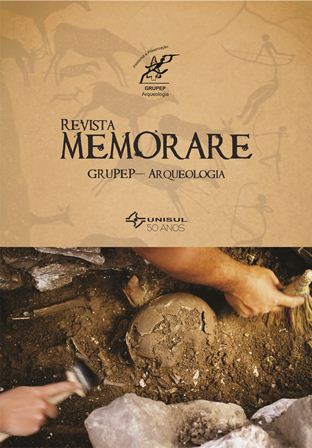Coca and identity in alison spedding’s el viento de la cordillera
DOI:
https://doi.org/10.19177/memorare.v4e3-I201768-90Palavras-chave:
Narcofiction, Bolivian identity, Yungas, Coca Production, Alison SpeddingResumo
The article examines the treatment of region and ethnicity in Alison Spedding’s 2003 novel, El viento de la cordillera: un thriller de los 80, to show how the articulation of the Yungas region crafts a distinctive Bolivian narrative of narcotrafficking and traditional coca production in the 1980s. The analysis highlights the narration of the tension between contemporary cocaine paste production and traditional coca leaf cultivation in the Andean region. Further, the study examines how the presence or absence of “outsiders” in the Yungas help produce an example of Bolivian narcofiction. Finally, the study examines Spedding’s creation of a strong female indigenous protagonist as a form of resistance and subversion of the foreign demand for illicit drugs.Downloads
Publicado
19-12-2017
Edição
Seção
Artigos Dossiê


